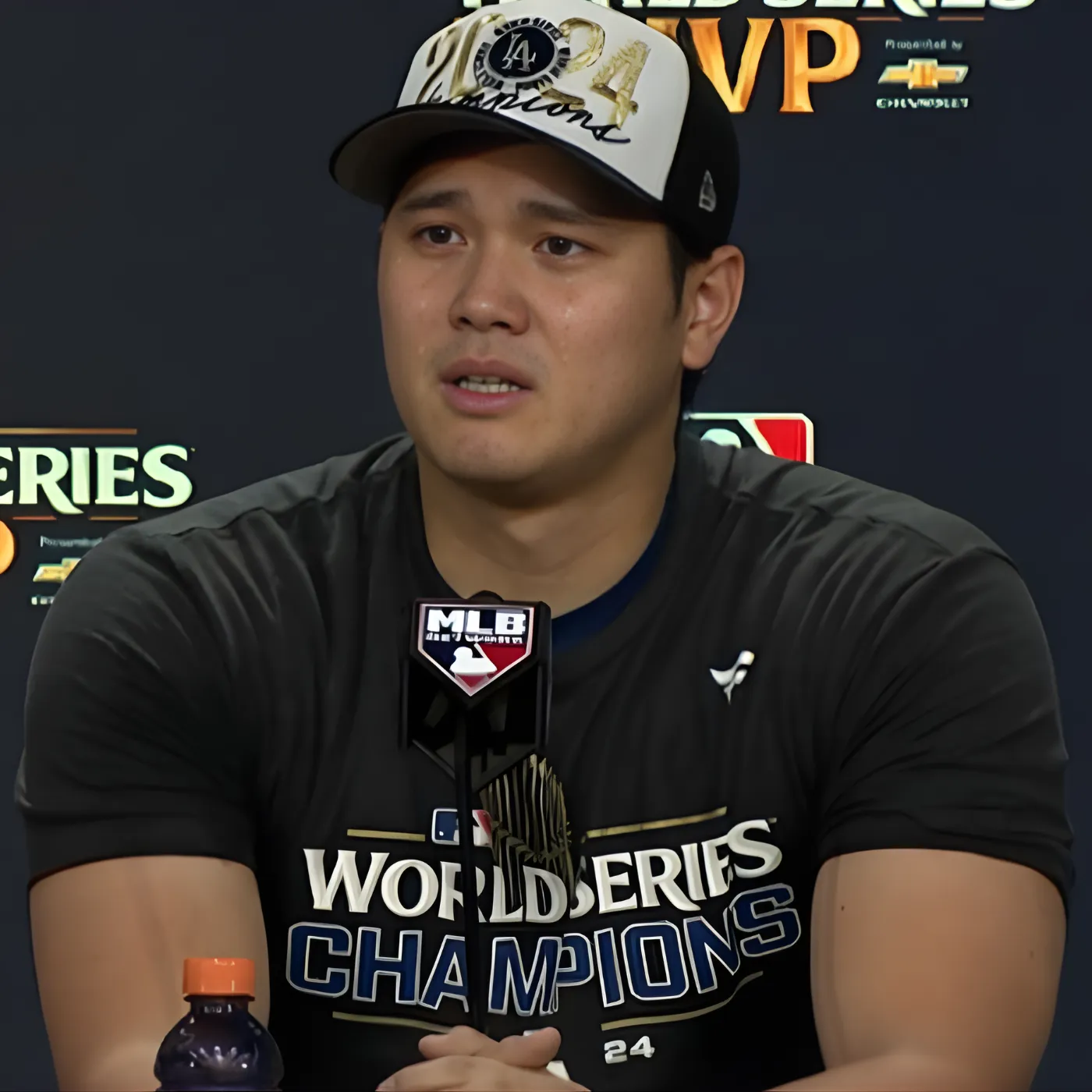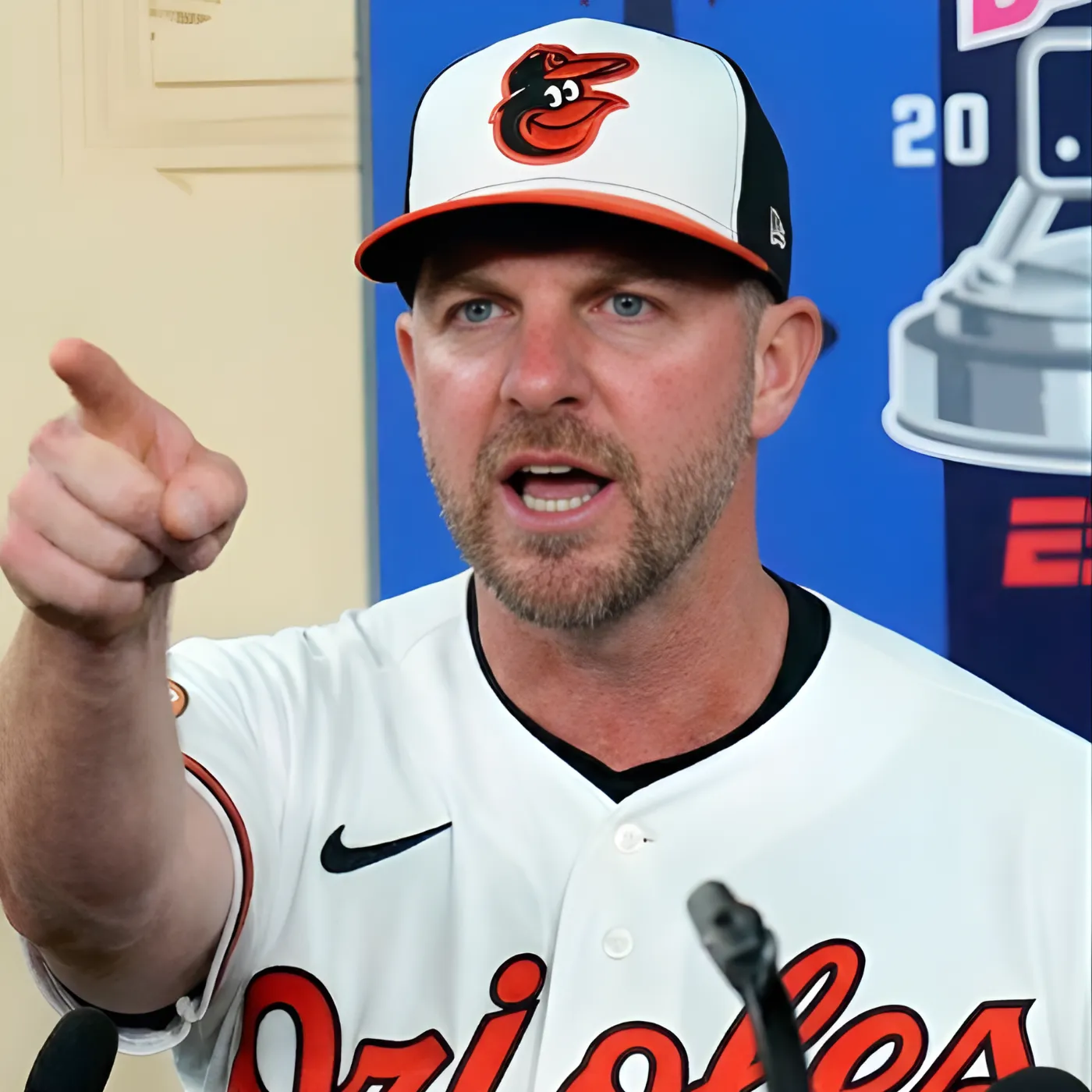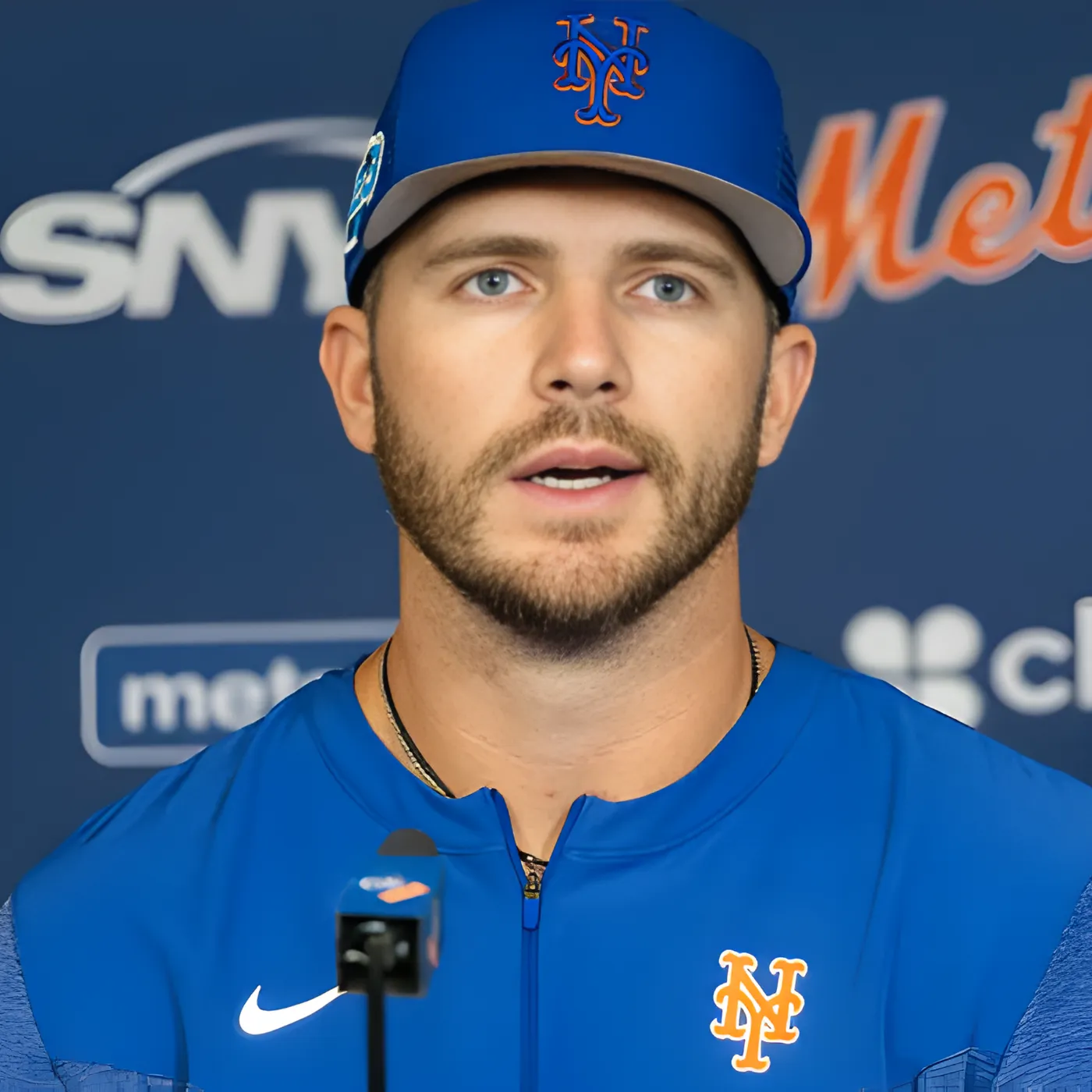
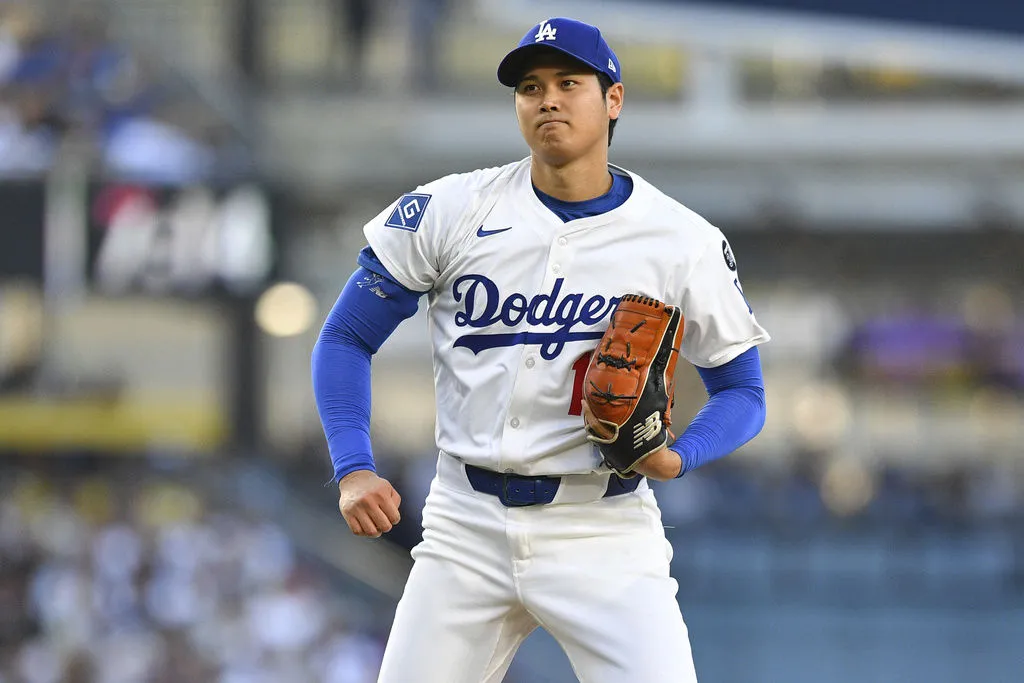
Fans Furious as Ohtani Gets Yanked From No-Hitter — But Did Roberts Just Save the Season?
When Shohei Ohtani stepped onto the mound in Los Angeles, fans were expecting magic, but few could have imagined the electricity that would fill the stadium. From the very first pitch, the Japanese superstar had command over the strike zone, mixing his devastating splitter with a fastball that reached the upper nineties. As the innings went by, the crowd realized they were witnessing something historic. The no-hitter was alive deep into the late frames, and with each strikeout the atmosphere grew more feverish. But in a shocking twist, manager Dave Roberts made the call to pull Ohtani from the game, sparking outrage among fans who had been dreaming of seeing history made. The question now reverberates across baseball: was Roberts stealing the moment, or was he quietly saving the Dodgers’ season?
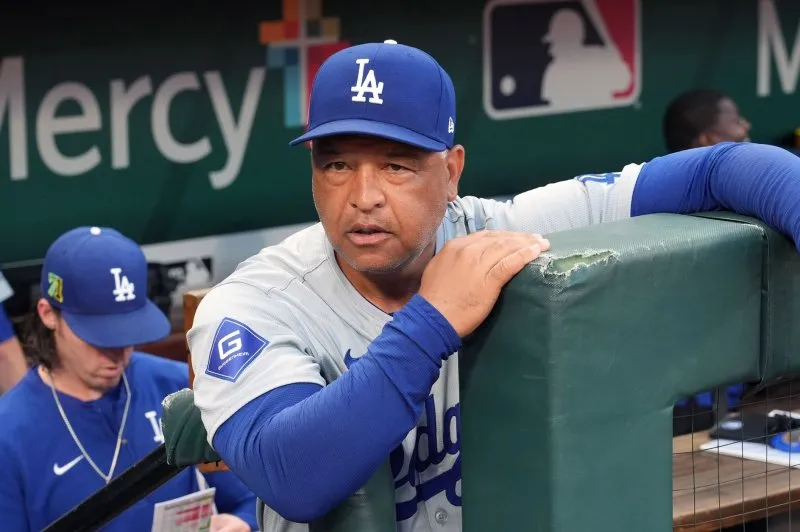
The Weight of Ohtani’s Stardom
No player in modern baseball carries the weight of expectations like Shohei Ohtani. Since arriving in Major League Baseball, he has shattered barriers as a two-way superstar, simultaneously dazzling as a pitcher and slugger. Every outing on the mound becomes an event, and every time he takes a swing, there’s a chance for fireworks. This rare duality fuels a pressure few athletes can comprehend. On this particular night, with fans sensing destiny in the making, the narrative of Ohtani’s greatness seemed poised to etch another indelible line into baseball history.
But the weight of stardom is double-edged. As much as fans crave history, teams must look at the bigger picture. The Dodgers did not sign Ohtani to be a one-night wonder. They signed him to deliver championships, and sometimes that requires sacrificing glory in the moment to preserve long-term health.
The Controversial Decision
As the seventh inning closed and Ohtani walked back to the dugout, the camera caught Roberts whispering with pitching coaches. The numbers were staggering: double-digit strikeouts, no hits allowed, and a pitch count inching upward but not yet at dangerous levels. Then came the announcement — Ohtani was done for the night. The crowd erupted in boos, stunned by the removal of a pitcher on the verge of history.
Roberts, however, has been here before. In 2016, he infamously pulled rookie Ross Stripling from a no-hit bid, citing arm fatigue. He has long been criticized for being overly cautious with pitchers in big moments, and the decision to pull Ohtani reignited that criticism with new fire. Yet, beneath the anger of fans, Roberts’ philosophy holds a consistent thread: the health of the player comes first, and the goal is always October glory, not regular-season accolades.
Fan Outrage and Emotional Fallout
It is easy to understand why fans were furious. Baseball thrives on its moments of magic, and a no-hitter by Shohei Ohtani would have been more than just a statistical achievement — it would have been a cultural event. Fans had their phones out, ready to immortalize the moment, and broadcasters were already weaving the narrative of Ohtani joining the ranks of Koufax and Kershaw in Dodgers lore.
The abrupt ending felt like a robbery of memory, a tearing away of something fans believed they had earned by investing their hearts in the game. Social media exploded instantly, with hashtags blasting Roberts as overly cautious, risk-averse, and insensitive to the desires of fans. To them, the season is made of nights like this, when baseball transcends into theater, and Roberts’ decision ripped away the curtain before the climax.
The Bigger Picture of the Dodgers’ Season
Yet when emotions cool, logic begins to surface. The Dodgers’ ambitions do not stop at box score milestones; they are centered on the World Series. With Ohtani’s injury history — including his past Tommy John surgery — every pitch thrown must be managed like a precious resource. The team has invested heavily not only in Ohtani’s contract but in his future as the face of the franchise. Risking him for the sake of a single night’s glory could jeopardize the entire postseason outlook.
By removing Ohtani, Roberts was sending a message: the Dodgers value October more than April or May, and protecting their ace is non-negotiable. In the grueling landscape of Major League Baseball, the playoffs demand depth, health, and foresight. It may not satisfy the fans who long for legends, but it could very well save the Dodgers’ chances when the season’s true tests arrive.
Ohtani’s Own Perspective
While the fans shouted and pundits debated, Ohtani himself remained characteristically calm. In post-game interviews, he praised the team’s decision, noting that his long-term availability matters more than personal milestones. This is not the first time Ohtani has downplayed individual achievements; his focus has always been collective success. His humility, however, contrasts sharply with fan expectations. For them, Ohtani’s brilliance should be celebrated in the form of record books and history-making feats.
But Ohtani’s comments also reveal the reality: no-hitters, while rare and treasured, are not the ultimate prize. Championships define legacies, and Ohtani seems fully aligned with Roberts in valuing the bigger picture over fleeting glory.
The Legacy of Roberts’ Caution
Roberts has become somewhat infamous for pulling pitchers during historic bids. His philosophy is rooted in the data-driven era of baseball, where analytics warn against pushing pitchers too far in regular-season games. Critics call it robotic, lacking the human element that makes baseball romantic. Supporters argue it is pragmatic, a manager doing his duty to safeguard his players.
With Ohtani, however, the stakes feel higher. He is not just another pitcher; he is the global face of the game. Every outing carries not only statistical weight but cultural significance. Roberts’ decision will therefore echo louder than his previous cautious moves. If the Dodgers thrive in the postseason with a healthy Ohtani leading the way, Roberts will be vindicated. If they falter, fans will point back to this moment as an unnecessary theft of joy.
What Fans Really Want
At its heart, this controversy underscores the eternal tension between fans and teams. Fans live for moments, the flashes of brilliance that they can tell their children about. Teams, however, live for championships, the banners that hang forever. Ohtani’s no-hit bid embodied that clash: an ephemeral moment of beauty cut short for pragmatic reasons.
What fans really want is to feel part of history, and when that was denied, anger was inevitable. Yet if Roberts’ decision extends Ohtani’s dominance into October, giving fans the chance to celebrate on baseball’s biggest stage, perhaps the bitterness will turn into gratitude.
Looking Ahead
The Dodgers’ season will now be judged not only by wins and losses but by the condition of their superstar. Every time Ohtani takes the mound again, fans will remember the night of the near no-hitter, and every dominant performance will be framed by Roberts’ controversial call. The lingering question — did Roberts save the season? — will only be answered when the playoffs unfold.
If Ohtani leads Los Angeles deep into October, his arm fresh and his presence undeniable, the narrative will shift dramatically. What now feels like a theft could be reinterpreted as foresight. The manager who robbed fans of one memory may have preserved the chance for many greater ones.
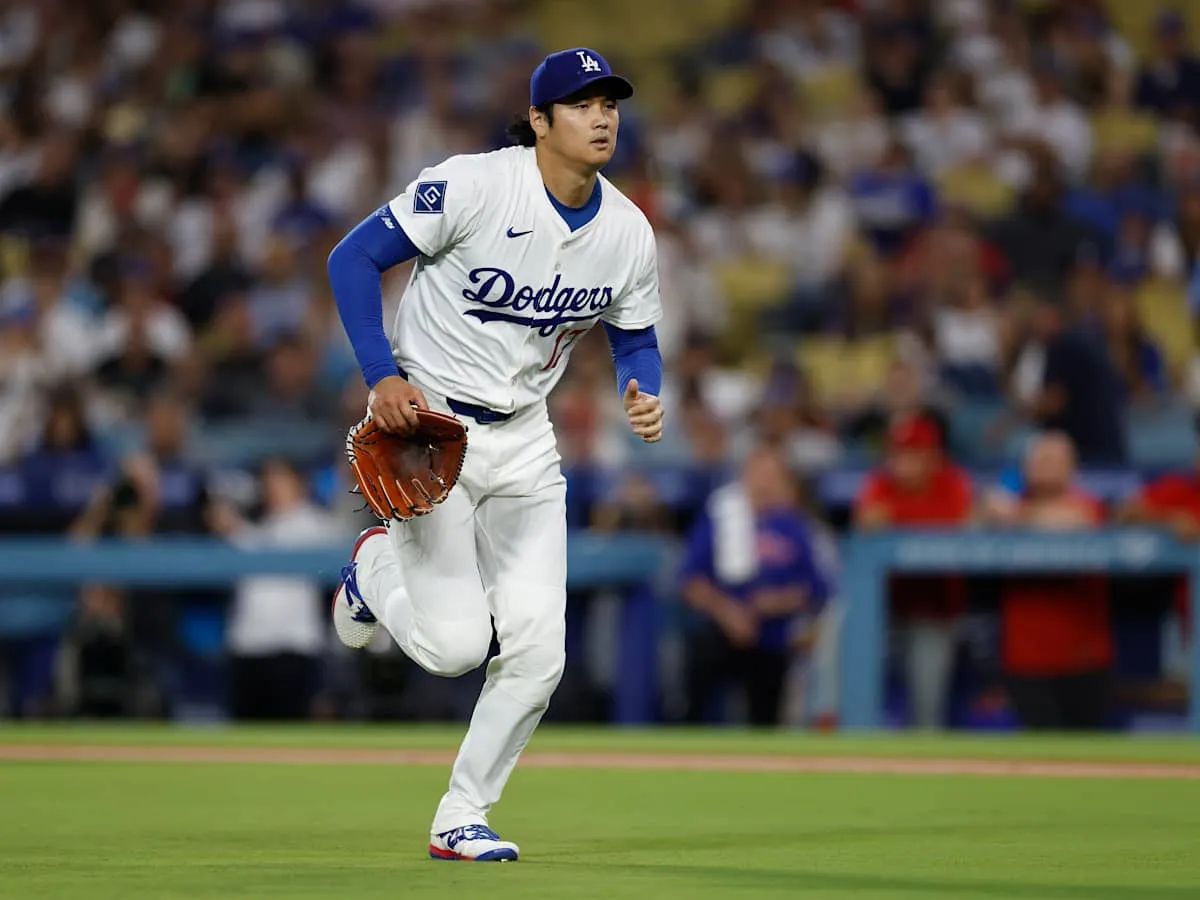
Conclusion: A Season Defined by Tension
The story of Shohei Ohtani being pulled from a no-hitter is more than just a quirky baseball headline. It encapsulates the tension between fan passion and managerial prudence, between the pursuit of singular glory and the pursuit of championships. The outrage was real, and the disappointment understandable, but the logic behind Roberts’ choice may yet prove decisive.
Baseball, after all, is not just about one night in the spring. It is about the grind of the season, the strategy of preserving strength, and the ultimate goal of October dominance. For fans, it will always sting to know they were robbed of witnessing Ohtani carve his name into no-hitter history. For the Dodgers, however, the gamble may be that by pulling him now, they will allow him to carve his name into something far greater: a World Series championship.
And so the season moves forward under the shadow of this decision, with Roberts carrying the weight of criticism and Ohtani carrying the hopes of a franchise. Whether fans ultimately curse or praise this night will depend on how the story ends, but one thing is certain: it will be remembered as the moment when baseball’s greatest star stood at the crossroads of history and health, and his manager chose the path of caution.
Related News
